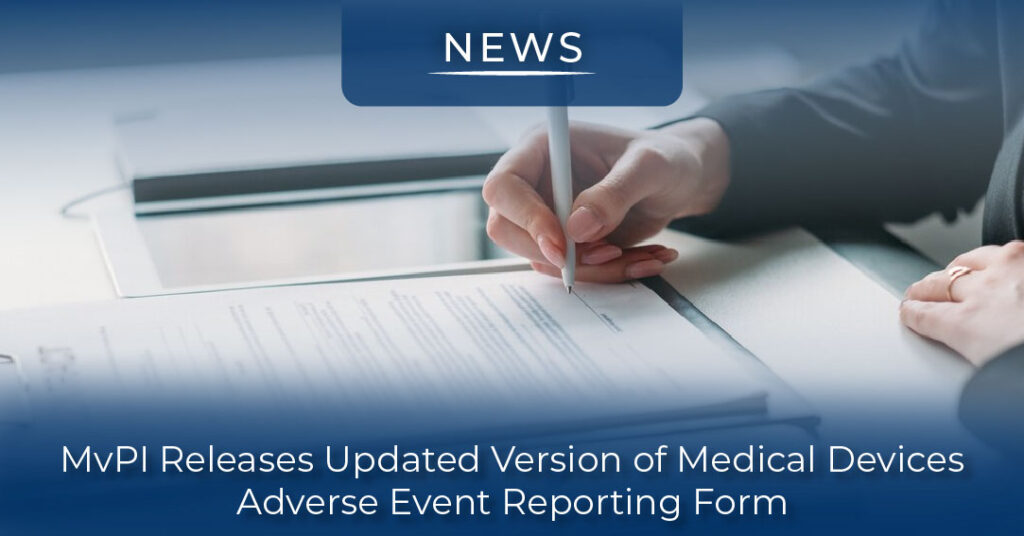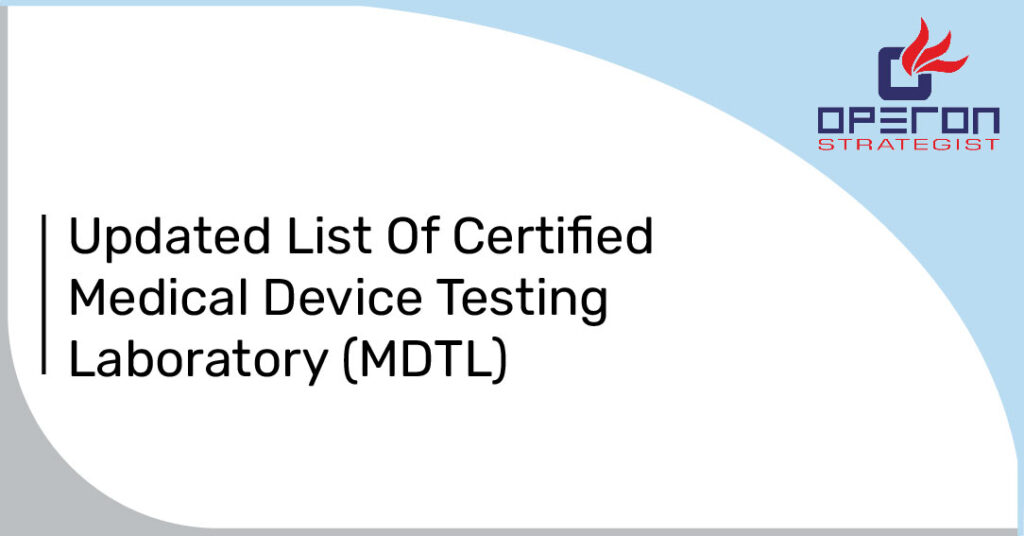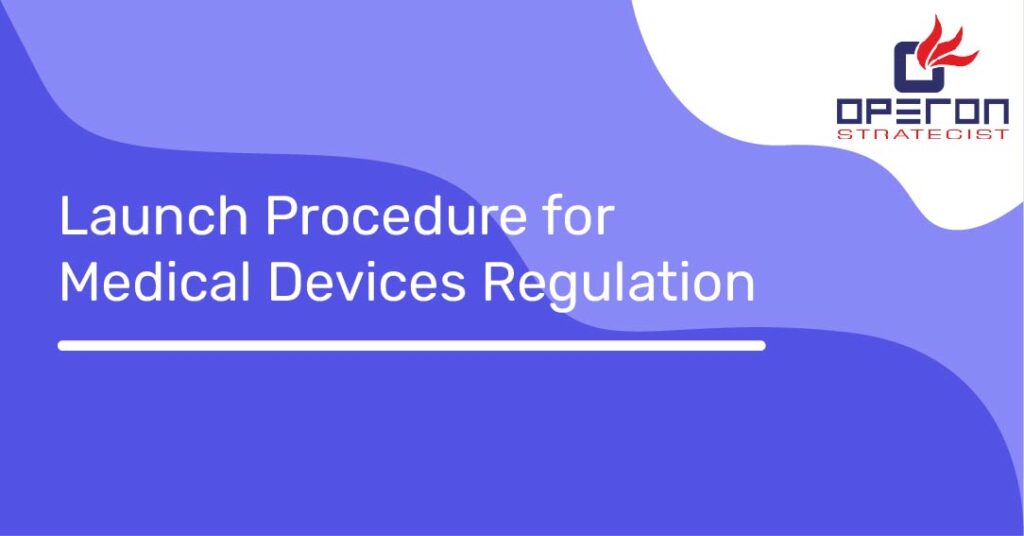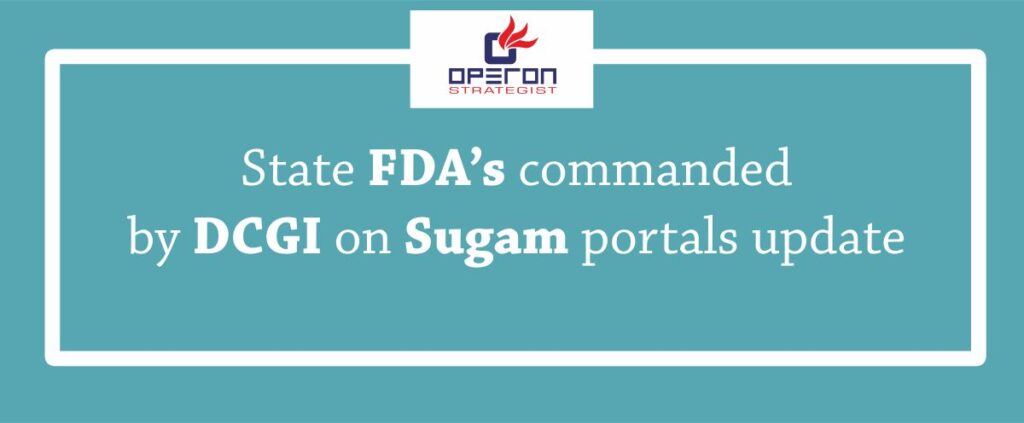MvPI Releases Updated Version
The Materiovigilance Programme of India (MvPI), under the Indian Pharmacopoeia Commission (IPC), has released an updated version of the medical device adverse event reporting form for manufacturers, importers, distributors, and healthcare professionals.
This revision aligns with the central government’s efforts to encourage timely reporting of adverse events associated with medical devices. According to MvPI, the updated form is intended for use by those with direct or indirect knowledge of adverse events involving medical devices.
MvPI clarified that submitting a report does not imply any admission of fault by healthcare professionals, manufacturers, or the product itself. Furthermore, the identity of both the patient and the reporter will be kept confidential and protected to the fullest extent.
Looking For a Medical Device Regulatory Consultant?
Let’s have a word about your next project
The updated form covers adverse events related to medical and in vitro diagnostic devices. It requires detailed information, including the device’s risk classification under the Medical Devices Rules, 2017, whether the device is refurbished, the manufacturer or importer’s license number, year of manufacturing, availability status for evaluation, and a description of the adverse event. It also includes sections for adverse event assessments, immediate actions taken, suspected root causes, and the reporter’s opinion on the connection between the device and the event.
The form can be submitted electronically via email to the IPC or in hard copy.
Earlier this year, the national drug regulator urged stakeholders to ensure timely reporting of adverse events as medical devices moved into a licensing regime. All medical devices, including in vitro diagnostic devices, now fall under the Drugs and Cosmetics Act, 1940, and Medical Devices Rules, 2017, requiring licenses for import and license for manufacturing. Devices are categorized into Classes A, B, C, and D, and over the past two years, all classes have been brought under the licensing system.
Know more about CDSCO medical device classifications.
Licenses are issued with conditions to ensure the quality, safety, and performance of medical devices in the market, along with compliance with quality management systems. The Central Drugs Standard Control Organisation (CDSCO) has emphasized that license holders must have robust systems in place to identify, document, and report adverse events promptly.
Post-market surveillance (PMS) of medical devices is a crucial element for ensuring safety and performance. PMS helps detect and address potential risks or adverse events related to medical devices. Timely reporting of adverse events allows the identification of new risks, and analysis of known risks, and enables manufacturers and regulatory authorities to take corrective actions to protect public health.
Get Expert Medical Device Regulatory Consulting Services
Given the MvPI’s importance in monitoring and analyzing adverse events related to medical devices, including in vitro diagnostics, the Drugs Controller General of India, Dr. Rajeev Singh Raghuvanshi, has urged all license holders to utilize the MvPI platform for adverse event reporting to enhance risk identification procedures.
Guidance documents for the effective use of MvPI are available on the IPC website, and stakeholders are encouraged to follow them closely. The MvPI, launched by the Ministry of Health and Family Welfare, aims to improve patient safety by monitoring and analyzing adverse events or risks associated with medical devices and providing recommendations to regulatory authorities for necessary actions.
Role of Operon Strategist
Operon Strategist helps medical device manufacturers, importers, and distributors comply with MvPI’s updated adverse event reporting requirements. We assist in setting up efficient post-market surveillance systems, ensuring timely reporting, and meeting regulatory standards under the Medical Devices Rules, 2017, to enhance safety and compliance.




